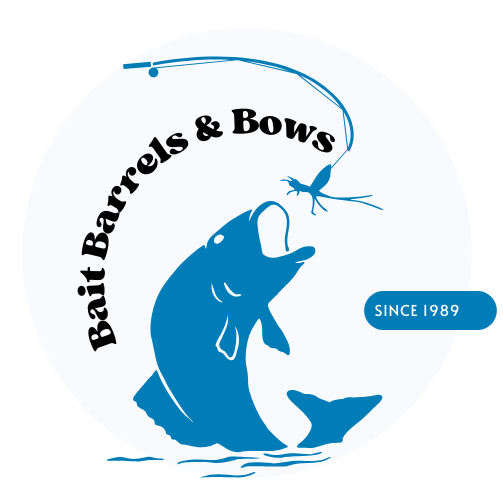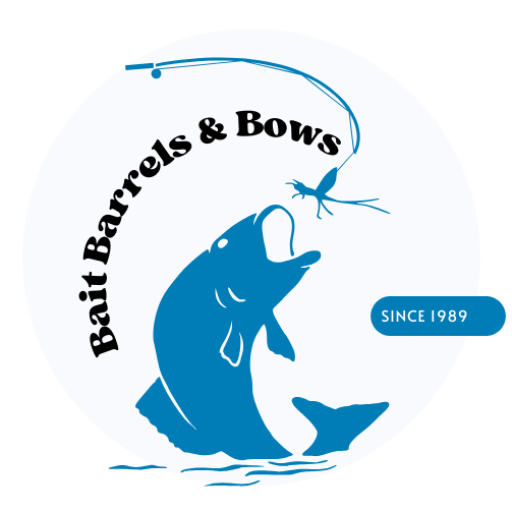The allure of a quiet day spent by the water, casting a line and connecting with nature, is a draw for many across the United States. Before embarking on your next fishing adventure, however, securing a fishing license is crucial. This in-depth guide unravels the complexities of fishing licenses in the US, equipping you with the knowledge to fish responsibly and legally.
Understanding the Purpose: More Than Just a Permission Slip
A fishing license transcends being a mere permit; it acts as a vital tool for safeguarding fish populations and promoting sustainable fishing practices. Here’s how your license contributes to the bigger picture:
- Conservation Champion: Revenue generated from licenses plays a pivotal role in funding crucial conservation efforts. These funds support activities like:
- Fish Stocking: Replenishing fish populations in public waters to ensure there are enough fish for anglers to enjoy and maintain a healthy ecosystem.
- Habitat Restoration: Protecting and restoring spawning grounds and essential fish habitats to promote healthy fish populations and biodiversity.
- Research and Monitoring: Conducting research to understand fish populations, their health, and potential threats helps ensure a sustainable future for fishing.
- Regulation Enforcer: Fishing licenses help regulate fishing activities. License sales fund the employment of conservation officers who patrol waters, deterring illegal fishing practices that could harm fish populations and ecosystems.
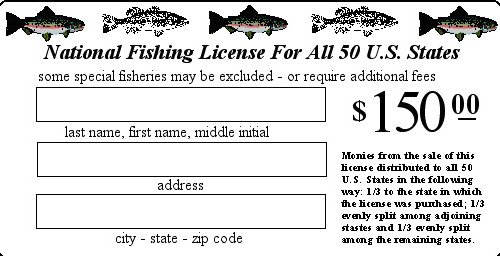
The Path to Obtaining Your License: Convenience at Your Fingertips
Acquiring a fishing license is a straightforward process with several convenient options:
- Online Purchase: The internet offers the quickest and easiest method for most states. Visit your state’s fish and wildlife agency website. Look for dedicated sections on “Fishing Licenses” or “Licensing.” Select the type of license you need, provide your personal information and payment details, and complete the purchase. You’ll receive a confirmation email with a link to your digital license, which you can print or store on your mobile device for easy access.
Temporary vs. Permanent Licenses: Remember that some states may provide temporary licenses online, allowing you to fish immediately while your printed or permanent license arrives in the mail.
- In-Person Purchase: Many physical locations offer licenses for purchase. These include:
- Local Sporting Goods Stores: These stores often cater to anglers and may have dedicated staff who can answer questions and provide guidance on local regulations.
- Bait and Tackle Shops: Similar to sporting goods stores, these shops frequently sell licenses and can offer valuable insights on local fishing spots and techniques.
- State Wildlife Agency Offices: Visiting your state’s fish and wildlife agency office guarantees access to the latest information and regulations.
- Mail Purchase: Some states still offer the option to purchase licenses via mail. Download the application form from the state’s fish and wildlife department website, fill it out completely, and mail it along with your payment. However, this method often involves processing delays, so plan accordingly.
Tailoring Your License to Your Needs: A Variety of Options
Fishing licenses come in various forms to suit individual fishing styles and durations. Here’s an overview of common license types in the US:
- Resident vs. Non-Resident: States differentiate between resident and non-resident licenses. Residents typically pay a lower price due to their tax contributions towards fisheries management. Be prepared to provide proof of residency when purchasing a resident license.
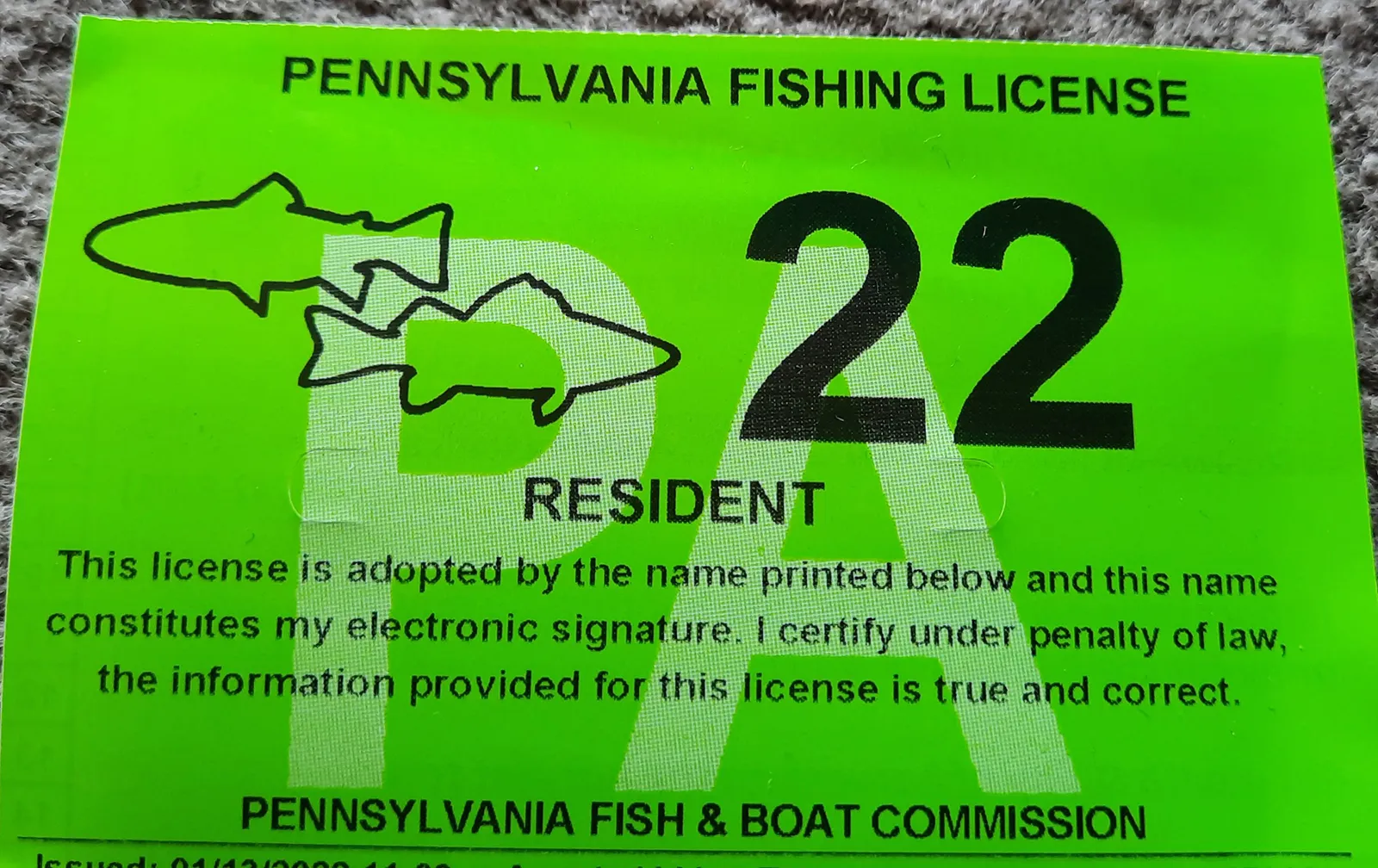
- License Duration: Choose a license that aligns with your fishing frequency:
- Annual License: The most cost-effective option for frequent anglers, offering year-round fishing privileges.
- Short-Term License: Ideal for occasional fishing trips; these come in variations like daily, 3-day, or weekly licenses.
Temporary vs. Permanent Licenses: Some states may offer temporary licenses valid for a shorter duration (e.g., 1-day) while your permanent license arrives.
- Specialty Licenses: Certain states have dedicated licenses for specific fishing activities:
- Saltwater or Freshwater Licenses: Some states have separate licenses for saltwater and freshwater fishing due to the distinct ecosystems and fish populations.
- Species-Specific Licenses: These licenses might be required for targeting specific fish species, like trout stamps or salmon tags.
- Discounted Licenses: Many states offer reduced-cost licenses for individuals who qualify, such as:
- Seniors: Anglers above a certain age (typically 65 or 70) may be eligible for senior discounts.
- Veterans and Active Military: States often offer discounted licenses or special fishing opportunities for veterans and active military personnel.
- Individuals with Disabilities: Discounted licenses or special fishing permits may be available for individuals with disabilities.
State-Specific Regulations: Navigating the Nuances
Fishing regulations, including seasons, bag limits, and specific rules about gear and bait, vary considerably by state. Here’s how to navigate these variations:
- Consult Your State’s Fish and Wildlife Website: This is the most reliable and up-to-date source for all fishing regulations within your state. Most websites have dedicated sections outlining fishing licenses, regulations by water body, and frequently asked questions.
- Downloadable Regulations Pamphlets: Many states offer downloadable fishing regulation pamphlets in PDF format. These pamphlets are convenient to carry while fishing and can be easily accessed on your smartphone or printed for physical reference.
- Mobile Apps: Some state fish and wildlife agencies have developed mobile applications that provide information on fishing licenses, regulations, and even fishing locations. Look for these apps on the App Store or Google Play.
Key Regulatory Considerations:
- Fishing Seasons: Certain fish species have designated fishing seasons outside of which fishing for them is prohibited. Understanding these seasons ensures you’re fishing ethically and legally.
- Bag Limits: Bag limits define the maximum number of fish of a particular species you can legally catch and keep per day. Exceeding bag limits is a violation of fishing regulations and can result in fines.
- Size Limits: Many states have minimum and maximum size limits for specific fish species. These regulations are in place to protect younger fish and ensure a healthy fish population.
- Gear and Bait Restrictions: Some states may have restrictions on the type of fishing gear or bait you can use. These restrictions could be related to hook size, number of rods, or specific types of bait to protect certain fish species or habitats.
Beyond Compliance: Embracing Responsible Fishing Practices
Obtaining a fishing license is the foundation of responsible fishing. Here are additional ways to elevate your angling experience and contribute to healthy fish populations:
- Responsible Gear Selection: Choose the right fishing tackle for the species you’re targeting. Using appropriate rod and reel combos ensures a fair fight for the fish and minimizes stress during capture and release.
- Minimize Bait Usage: Don’t over-bait your hook. Start with a small amount and add more only if necessary. This reduces waste and minimizes the potential impact on the ecosystem.
- Respecting Size Limits: Always adhere to size limits to allow smaller fish to mature and contribute to healthy fish populations. Consider practicing catch-and-release for certain species, especially those with smaller populations.
- Leave No Trace: Always adhere to Leave No Trace principles while fishing. Pack out all your trash, including leftover bait containers, fishing line scraps, and any other waste you generate. Avoid littering and minimize your impact on the shoreline or boat launch area.
- Supporting Conservation Efforts: Consider supporting organizations dedicated to fish conservation and habitat restoration. You can do this through volunteering your time, making donations, or participating in conservation-related events.
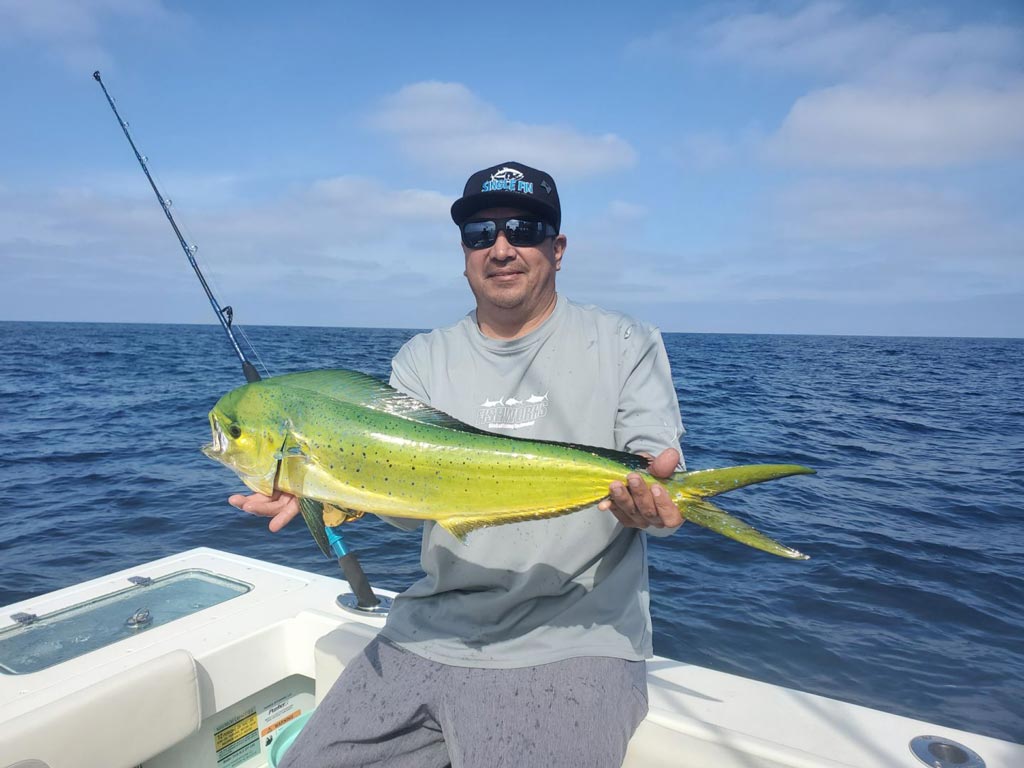
Robert Smith is the proud owner of Bait Barrels and Bows, a premier fishing sports store established in 1989. With over three decades of experience in the industry, Robert has honed his skills to become an expert angler, sharing his vast knowledge and passion for fishing with enthusiasts around the world. Through his store and writings, Robert provides invaluable tips and guidance, helping both novice and seasoned anglers improve their techniques and enjoy the sport to its fullest. His commitment to the fishing community is evident in his dedication to quality products and excellent customer service.
